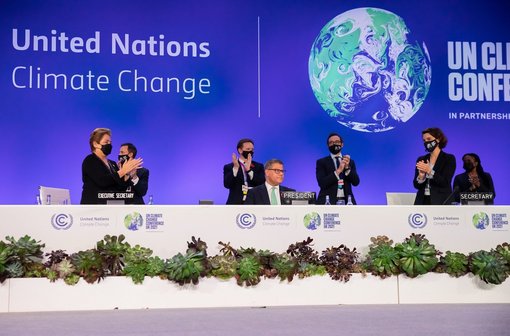For a long time, romantic impressions of the Silk Road determined the picture of Central Asia in Western perceptions. After the dissolution of the USSR, especially after 9/11, this vision of the five CA states – Kazakhstan, Kyrgyzstan, Tajikistan, Turkmenistan and Uzbekistan - was changed by fears. Time and time again, both politicians and analysts have worried about the instability of the nearly exclusively authoritarian, even dictatorial, regimes in the region, about international power shifts as a result of the withdrawal of the international community from Afghanistan, about a possible increase of Islamist movements, and about a decline of the old revisionist and nationalist hegemon, Russia, and the rise of the new economic hegemon, China. Despite increasing research, comparatively little is known about domestic change and the foreign and security policies of the Central Asian states. Trends are visible, but open questions dominate. Which threat perceptions and strategies prevail in these states? What rooms for maneuver and what patterns of action are visible? How are relations with neighboring states and regional powers developing? What are the consequences for Western actors?
Two Hamburg research institutions, the German Institute of Global and Area Studies (GIGA) and the Institute for Peace Research and Security Policy at the University of Hamburg (IFSH), seek to assess this situation and to further expand their cooperation on security issues in Central Asia. Under the banner, “How safe is the Silk Road? Central Asia and its neighbors”, the two institutes have started a joint roundtable series with selected experts from research, politics, the military, the media and civil society. On 21 May 2015, an initial roundtable on authoritarianism took place. Thomas Richter (GIGA), Maxim Ryabkov (Deutsche Welle Cologne), Sebastian Schiek (IFSH) and Thomas Lenk (Federal Foreign Office, Berlin) discussed the question: “How stable are the authoritarian regimes in Central Asia and what foreign political behavior can be expected?” One month later, on 18 June 2015, Thomas Ruttig (Afghan Analyst Network), Michael Schmunck (GIGA/Federal Foreign Office), Christian Wagner (German Institute for International and Security Affairs - SWP, Berlin) and Azamjon Isabaev (IFSH) addressed the question: How to proceed with Afghanistan and what does this mean for Central Asia? On 17 September 2015, the burning issue of possible radicalization in this region will be discussed. Can we talk about threats due to the influence of extremist ideologies? The 22 October 2015 will be devoted to the view from outside. What are the strategies of neighboring states, such as China and Iran, but also of international actors, such as Europe, towards Central Asia?




